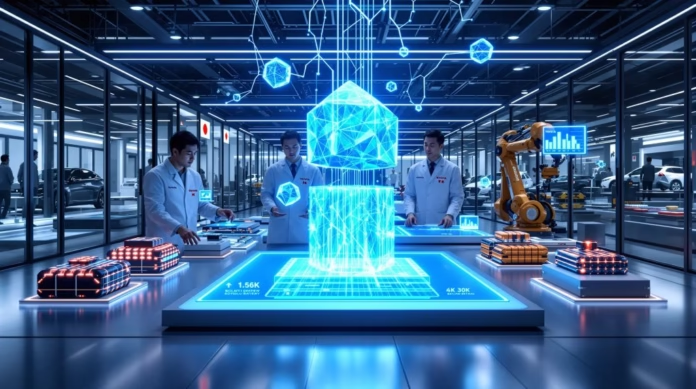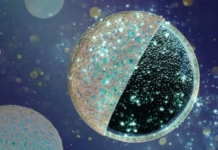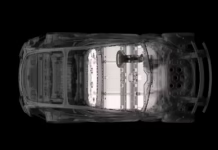Next-Gen Battery Tech for Electric Vehicles
In the rapidly evolving electric vehicle (EV) industry, next-generation battery technology is crucial for meeting growing consumer demands for longer range, faster charging, and enhanced safety. All-solid-state batteries (ASSBs) represent a major leap forward compared to traditional liquid electrolyte batteries. These batteries use solid electrolytes instead of liquid solutions, enabling smaller, more powerful cells with improved longevity and higher output. Industry leaders project that ASSBs could revolutionize battery electric vehicles (BEVs) worldwide by providing longer driving ranges and shorter charging times. Toyota aims to be at the forefront of this advancement. Targeting market introduction of BEVs equipped with ASSBs by 2027-2028 as part of its commitment to carbon neutrality and sustainable mobility.
Joint Development of Durable Cathode Materials
Sumitomo Metal Mining and Toyota have formalized their collaboration through a joint development agreement focused on mass producing cathode materials optimized for ASSBs installed in BEVs. This partnership builds on research initiated around 2021 addressing a core challenge: cathode material degradation caused by repeated charging cycles. By leveraging Sumitomo’s proprietary powder synthesis technology and over two decades of experience supplying cathode materials for EV batteries, the companies developed a highly durable cathode material particularly suited to the solid-state battery environment. The newly innovated material promises superior performance and durability, key to unlocking the full potential of ASSBs in real-world automotive applications. Both companies now aim to scale this innovation through mass production for upcoming vehicle models.
Enhanced EV Performance and Industry Impact
All-solid-state batteries offer multiple advantages that directly address prevalent EV adoption hurdles. Their higher power density translates to longer driving ranges. Meanwhile enhanced charge-discharge cycle stability enables faster charging and extended battery lifespan. These improvements are expected to increase BEV consumer appeal by reducing range anxiety and downtime. Toyota’s plan to launch BEVs equipped with ASSBs in 2027-28 aligns with this trend, potentially setting new industry standards. Furthermore, the partnership’s focus on cost reduction and safety improvements is vital for commercial viability and widespread adoption. Together, Sumitomo and Toyota are poised to make the ASSB the first practical next-gen battery technology deployed at scale. Fundamentally reshaping the future of electric mobility and advancing global carbon neutrality goals.
Toward a Carbon-Neutral Automotive Future
This strategic collaboration also reflects the automotive industry’s broader commitment to sustainability. By integrating ASSBs, which are safer and longer-lasting than current lithium-ion cells, manufacturers can significantly reduce environmental impact. The solid-state design enhances recyclability and minimizes resource consumption associated with battery replacements. Sumitomo Metal Mining and Toyota’s innovation journey supports the transition from pilot projects to commercial-scale production, underscoring the critical role advanced materials play in accelerating electric vehicle adoption worldwide. This partnership symbolizes a pivotal milestone on the path to eco-friendly automotive solutions, with the promise of delivering high-performance electric vehicles that align with evolving environmental regulations and consumer expectations.







